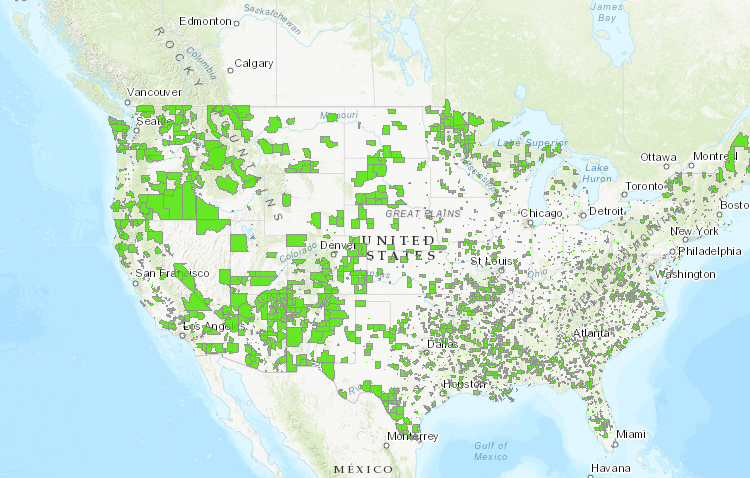1. Debiasing → Better decisions Debiasing is hard work, requiring honest communication and occasional stomach upset. But it gets easier and can become a habit, especially if people have a systematic way of checking their decisions for bias. In this podcast and interview transcript, Nobel-winning Richard Thaler explains several practical ways to debias decisions. First, […]
1. Biased instructor response → Students shut out Definitely not awesome. Stanford’s Center for Education Policy Analysis reports Bias in Online Classes: Evidence from a Field Experiment. “We find that instructors are 94% more likely to respond to forum posts by white male students. In contrast, we do not find general evidence of biases in […]
1. Biased analysis → Misunderstood cause-effect In Biased Ways We Look at Poverty, Adam Ozimek reviews new evidence suggesting that food deserts aren’t the problem, behavior is. His Modeled Behavior (Forbes) piece asks why the food desert theory got so much play, claiming “I would argue it reflects liberal bias when it comes to understanding […]
1. Machines Gone Wild → Digital trust gapLast year I spoke with the CEO of a smallish healthcare firm. He had not embraced sophisticated analytics or machine-made decision making, with no comfort level for ‘what information he could believe’. He did, however, trust the CFO’s recommendations. Evidently, these sentiments are widely shared. — Tracy A […]
1. Hire analytics translators → Keep data scientists happy An emerging role – what some call the Analytics Translator – is offloading burden from data scientists, while helping business executives get better value from their technology investments. A recent HBR piece explains You Don’t Have to Be a Data Scientist to Fill This Must-Have Analytics […]
1. Recognize bias → Create better algorithmsCan we humans better recognize our biases before we turn the machines loose, fully automating them? Here’s a sample of recent caveats about decision-making fails: While improving some lives, we’re making others worse. Yikes. From HBR, Hiring algorithms are not neutral. If you set up your resume-screening algorithm to […]
1. “A gut is a personal, nontransferable attribute, which increases the value of a good one.” This classic from Harvard Business Review recaps how policy makers have historically made big decisions. It’s never just about the data. A Brief History of Decision Making. 2. A reminder to look for the nonobvious. This analysis examines differences […]
1. It’s tempting to think there’s a hierarchy for data: That evidence from high-quality experiments is on top at Level 1, and other research findings follow thereafter. But even in healthcare – the gold standard for the “gold standard” – it’s not that simple, says NICE in The NICE Way: Lessons for Social Policy and […]
1. Underwriters + algorithms = Best of both worlds. We hear so much about machine automation replacing humans. But several promising applications are designed to supplement complex human knowledge and guide decisions, not replace them: Think primary care physicians, policy makers, or underwriters. Leslie Scism writes in the Wall Street Journal that AIG “pairs its […]
Yikes, evidence-based decisions are taking on water. Decision makers still resist handing the car keys to others, even when machines make better predictions. And government agencies continue to, ahem, struggle with making evidence-based policy. — Tracy Altman, editor 1. Evidence-based home visit program loses funding.The evidence base has developed over 30+ years. Advocates for home visit programs – […]









